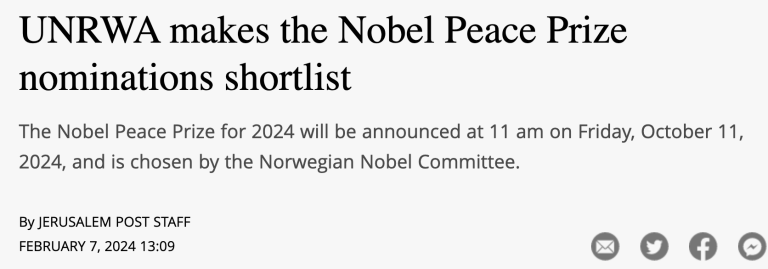A while back I posted about my cinemaphilic nephew Steven’s nominees for the “Golden Steves,” which he humbly presents as a better alternative to the Oscars. As he says,
Far and away the most coveted of motion picture accolades, Golden Steves are frequently described as the Oscars without the politics. Impervious to bribery, immune to ballyhoo, unswayed by sentiment, and riddled with integrity, this committee of one might be termed in all accuracy “fair-mindedness incarnate.” Over 200 of the year’s most acclaimed features were screened prior to the compilation of this ballot. First, some caveats:
1) Owing to a lifelong suspicion of prime numbers, each category comprises six nominees, not five.
2) A film can be nominated in only one of the following categories: Best Animated Feature, Best Non-Fiction Film, Best Foreign Language Film. Placement is determined by the Board of Governors. Said film remains eligible in all other fields.
3) This list is in no way connected with the Academy of Motion Picture Arts and Sciences—a fact that should be apparent from its acumen. Please look elsewhere for Oscar analysis.’
Click to read and see all the winners.
The nominees for the “big” categories are below, and I’ve put in bold the winners. Remember that there are eight categories below but 12 on the original list, so I’ll put the four extra winners at the bottom.
Best Picture
Afire
All of Us Strangers
Anatomy of a Fall
Killers of the Flower Moon
May December
Trenque Lauquen
Best Director
Laura Citarella, Trenque Lauquen
Andrew Haigh, All of Us Strangers
Todd Haynes, May December
Christian Petzold, Afire
Martin Scorsese, Killers of the Flower Moon
Justine Triet, Anatomy of a Fall
Best Actor
Paul Giamatti, The Holdovers
Benoit Magimel, Pacifiction
Cillian Murphy, Oppenheimer
Franz Rogowski, Passages
Andrew Scott, All of Us Strangers
Michael Thomas, Rimini
Best Actress
Jodie Comer, The End We Start From
Lily Gladstone, Killers of the Flower Moon
Sandra Huller, Anatomy of a Fall
Natalie Portman, May December
Emma Stone, Poor Things
Teyana Taylor, A Thousand and One
Best Supporting Actor
Jamie Bell, All of Us Strangers
Robert Downey Jr., Oppenheimer
Glenn Howerton, BlackBerry
Charles Melton, May December
Paul Mescal, All of Us Strangers
Mark Ruffalo, Poor Things
Best Supporting Actress
Penelope Cruz, Ferrari
Merve Dizdar, About Dry Grasses
Claire Foy, All of Us Strangers
Anne Hathaway, Eileen
Rachel McAdams, Are You There God? It’s Me, Margaret.
Da’Vine Joy Randolph, The Holdovers
Best Non-Fiction Film
Apolonia, Apolonia (Lea Glob)
Beyond Utopia (Madeleine Gavin)
Menus-Plaisirs Les Troisgros (Frederick Wiseman)
Orlando, My Political Biography (Paul B. Preciado)
Our Body (Claire Simon)
To Kill a Tiger (Nisha Pahuja)
Best Foreign Language Film
About Dry Grasses (Nuri Bilge Ceylan)
Afire (Christian Petzold)
Anatomy of a Fall (Justine Triet)
Fallen Leaves (Aki Kaurismaki)
Trenque Lauquen (Laura Citarella)
The Zone of Interest (Jonathan Glazer)
And the other winners:
Best Screenplay–Adapted: All of Us Strangers (Andrew Haigh)
Best Screenplay–Original: Do Not Expect Too Much from the End of the World (Radu Jude)
Best Animated Feature: Robot Dreams (Pablo Berger)
Best Original Song: “Live That Way Forever,” The Iron Claw (Richard Reed Parry, Laurel Sprengelmeyer)
Here’s that best original song:
I guess I’ll have to see “May December” as it took home three Golden Steves. My moviegoing has been thin in the past year, and I know nothing about this movie save that it got a 91% Critics Rating (but only a 65% Viewers Rating) on Rotten Tomatoes. Here’s the trailer, showing the costars Julianne Moore and Natalie Portman.













